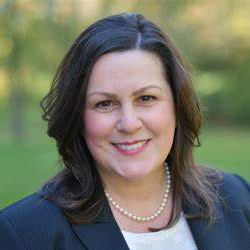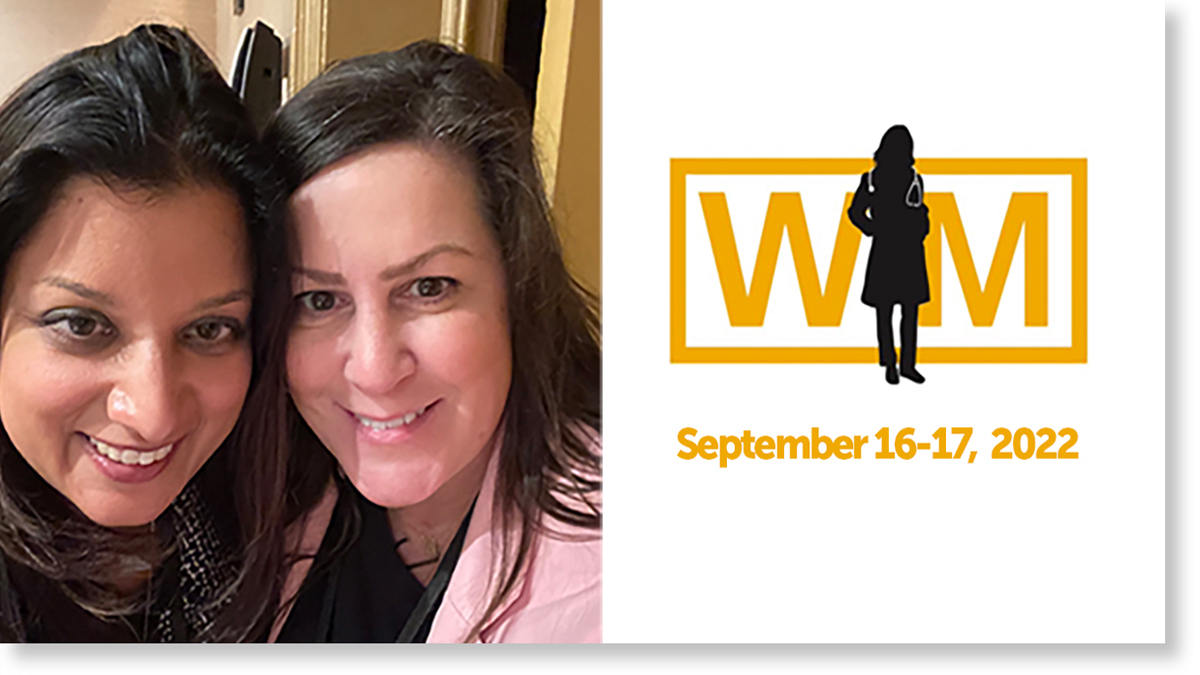Be an ally, remove obstacles, find solutions: Lessons from the Women in Medicine Summit

By Joan-Marie Stiglich, ELS, Healio Chief Content Officer
Published September 29, 2022

CHICAGO – An extraordinary meeting should not only inspire you but also challenge your thinking. As I reflect on a recent meeting, I realize that there is a call to arms for industry, associations, and media to find solutions and remove barriers for women in medicine.
As a representative of Healio, I attended the Women in Medicine Summit as the proud news sponsor of the meeting, which is in its fourth year of existence. Although I have attended hundreds of meetings in my 28 years in medical publishing, I quickly realized I was in the presence of something unique.
One may wonder why in 2022 a meeting dedicated to women is necessary. WIMS founder and chair Shikha Jain, MD, FACP summarized the necessity in her introductory comments:
“We are working in a system that was created before we even had the right to vote,” Dr. Jain.
And, that system has innate inequities between men and women – the existence of “invisible work”; harassment; pay gaps; the “double bind” of leadership characteristics; “citizenship tasks”; promotion opportunities; and much more. This is not conjecture or opinion – there are hundreds of peer-reviewed papers published in recent years.
Arghavan Salles, MD, PhD, clinical associate professor of medicine at Stanford, discussed “double bind” at WIMS. Leadership characteristics are the same characteristics attributed to male characteristics, she said. Women in medicine who demonstrate leadership behaviors are often penalized for acting outside of a traditional female gender role.
Also, at WIMS Shikha Jain, MD, FACP, said “women leaders disproportionately do the [invisible] work to make the company be better and we need to do better for our women.”
“The [invisible] work they were doing was getting the company awards, recognition” and were often necessary but hidden tasks that kept the organization afloat, Jain said.
All of these realities are increasing burnout, driving women out of medicine, and contributing to the rising rate of suicide. These factors in turn are affecting patient care and mentorship of rising women in medicine:
“Take care of yourself. You cannot pour from an empty cup,” said Matifadza Hlatshwayo-Davis, MD, MPH, an infectious disease specialist and the Director of Health for the City of St. Louis.
Healio has also written about the career disruption due to the COVID-19 pandemic and the effects of invisible work in women in medicine’s personal life.
What can we do to help? This is bigger than eliminating “manels”; wider representation in media; and having more women in medicine representation on advisory boards and on speaking bureaus.
Industry, associations, and media (that’s me!) – must actively advocate, educate, remove obstacles, and fund initiatives.
What can I do as the publisher of a major media outlet dedicated to physicians?
Tell their stories. Tell their stories by reporting on the relevant peer reviewed literature; expanding our Women in Oncology content initiative; and support, attend and report from each year’s Women in Medicine Summit.
We will be criticized. We have been criticized.
“Do what you feel in your heart to be right for you’ll be criticized anyway,” Eleanor Roosevelt often would say.
One of the most inspiring talks at WIMS was by Kimberly Manning, MD, FACP, FAAP, Professor of Medicine and Associate Vice Chair of DEI, Emory University School of Medicine.
She asked the audience to think about how they can make change.
“If you are woman, a person authentically being you and intentionally being you … every day,” she said. “Somebody is going to be permitted to do the same.”
We have permission to change the state of health care. Be brave, my friends.
For more information on Healio’s women-empowerment initiatives, email Joan at [email protected] or DM her on LinkedIn.

